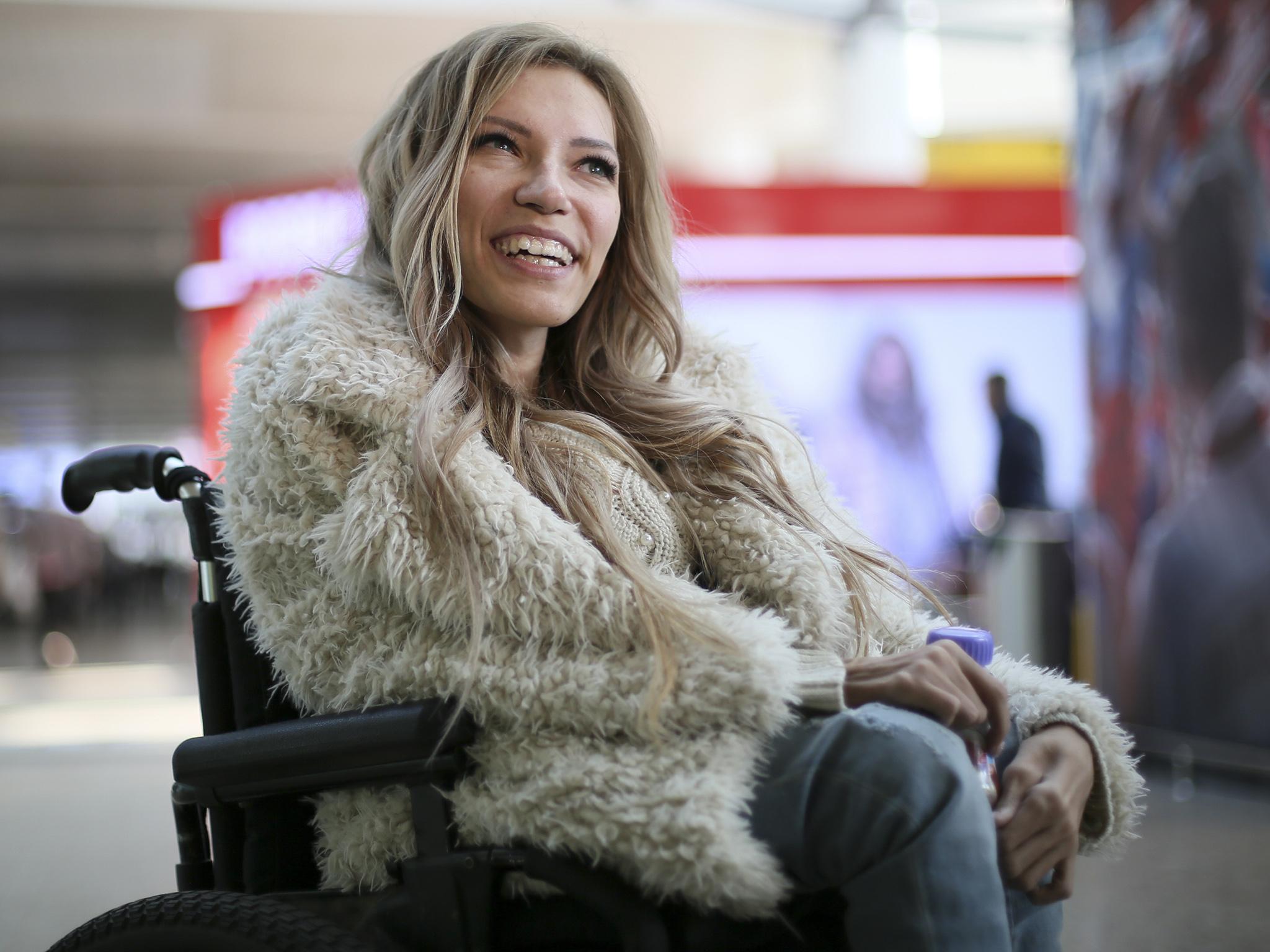Eurovision 2017: The controversial reason why Russia will not participate
Singer Yulia Samoylova has been barred from entering the country hosting this year's ceremony

Your support helps us to tell the story
From reproductive rights to climate change to Big Tech, The Independent is on the ground when the story is developing. Whether it's investigating the financials of Elon Musk's pro-Trump PAC or producing our latest documentary, 'The A Word', which shines a light on the American women fighting for reproductive rights, we know how important it is to parse out the facts from the messaging.
At such a critical moment in US history, we need reporters on the ground. Your donation allows us to keep sending journalists to speak to both sides of the story.
The Independent is trusted by Americans across the entire political spectrum. And unlike many other quality news outlets, we choose not to lock Americans out of our reporting and analysis with paywalls. We believe quality journalism should be available to everyone, paid for by those who can afford it.
Your support makes all the difference.Russia will not participate in next month's Eurovision song contest due to the country's entrant being barred from hosting nation, Ukraine, it has been announced.
The news was confirmed by Russian television station Channel One on Thursday evening (13 April) who also announced that it will no longer be broadcasting the competition because of singer Yulia Samoylova being barred having previously toured Crimea in 2015 after it was annexed by Russia.
It's reported that alternative solutions had been suggested by the European broadcasting union (EBU) to prevent Russia from withdrawing complete participation. These included Samoylova performing via satellite or for electing another contestant altogether - both options were turned down.
Moscow and Kiev have had increased tension ever since he 2014 annexation of Crimea which preceded a separatist insurgency in east Ukraine by Russia, something which The Guardian reports is said to have killed “nearly 10,000 people.”
EBU - who is “deeply disappointed” by Ukraine's decision - released a statement which read: “Unfortunately this means Russia will no longer be able to take part in this year’s competition. We very much wanted all 43 countries to be able to participate and did all we could to achieve this.”
Eurovision organisers have “strongly condemn(ed)” the Ukrainian authorities' decision on imposing the travel ban, stating: “...we believe it thoroughly undermines the integrity and non-political nature of the Eurovision song contest and its mission to bring all nations together in friendly competition.
The ceremony's chairman Frank Dieter added: “However, preparations continue apace for the Eurovision song contest in the host city Kiev. Our top priority remains to produce a spectacular Eurovision song contest in May.”
This year's Eurovision song contest final, which will be broadcast on BBC One, is scheduled to take place in Kiev on 13 May. Competing for the UK is former X Factor contestant Lucie Jones.
Join our commenting forum
Join thought-provoking conversations, follow other Independent readers and see their replies
Comments